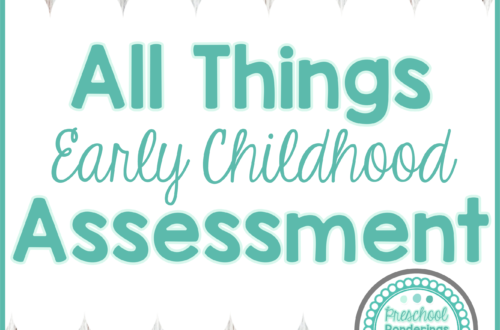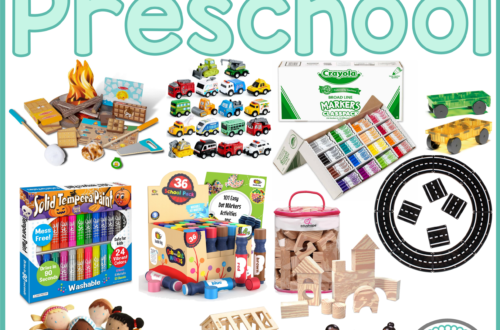Practicing Professionalism
How many times have you heard “Oh, your job is so fun, you get to play with little kids all day!” Yeah, and can you still manage to keep from rolling your eyes? I’ve found that the more professionally I behave, the more that my job, and the challenges it presents, are taken seriously.
I’ve always worked at lab schools (with ECE students from local colleges and universities), and I’ve often had students who don’t take my work seriously because I am young, and in some cases, younger than they are. So over the years I’ve come up with some tried and true methods for being taken seriously, which has helped parents, visitors, and students understand that I am a REAL teacher.
Here are my best tips:
- Dress professionally. This seems pretty obvious, but a lot of people take this one for granted. This doesn’t mean that you have to wear dress pants every day, or heels for that matter. It just means that you have to dress as if you take yourself seriously. I wear jeans to school often (we’re allowed to wear them every day) but I never wear jeans and a t-shirt, I’ll wear a nice blouse, cardigan, or collared shirt. Taking time to put myself together conveys a message to others that I take pride in myself and my work, and that my work is important enough for me to dress nicely to do it.
- Be prepared. If you are frazzled in the morning, that’s fine, it happens to the best of us. If the morning isn’t your best part of the day then make sure all of your supplies are prepared before you leave in the evening. This will keep you calm and confident and others will be able to tell that you are ready to do your job.
- Make learning obvious. Post lesson plans, share photos of experiences with families, display children’s work, and talk to adults about the activities happening in the classroom. The more effort you put into sharing learning experiences, the better parents will understand all of the work that you do to prepare, execute, and document learning activities for their child. When people understand your job, they are more likely to respect your work.
- Be transparent. If you have a visitor, parent, or observing student in your classroom take the time to explain what you are doing and why you are doing it. When procedures and routines are explained then they make sense, and people are less likely to question them.
- Take yourself seriously. The first step in being professional is valuing your own work, and seeing yourself as a hardworking individual who has earned respect. Others will not believe that you are professional if you do not believe it yourself. Yes, there are aspects of teaching preschool that are a lot of fun, but it is also a lot of work. You plan and implement lessons, assess children’s learning, determine their needs – both educationally and emotionally. You communicate with parents, create relationships with community members, encourage children to try new things, and fill out a lot of paperwork. Remind yourself that there are a lot of people who could not do this job (and many will freely admit it)!



